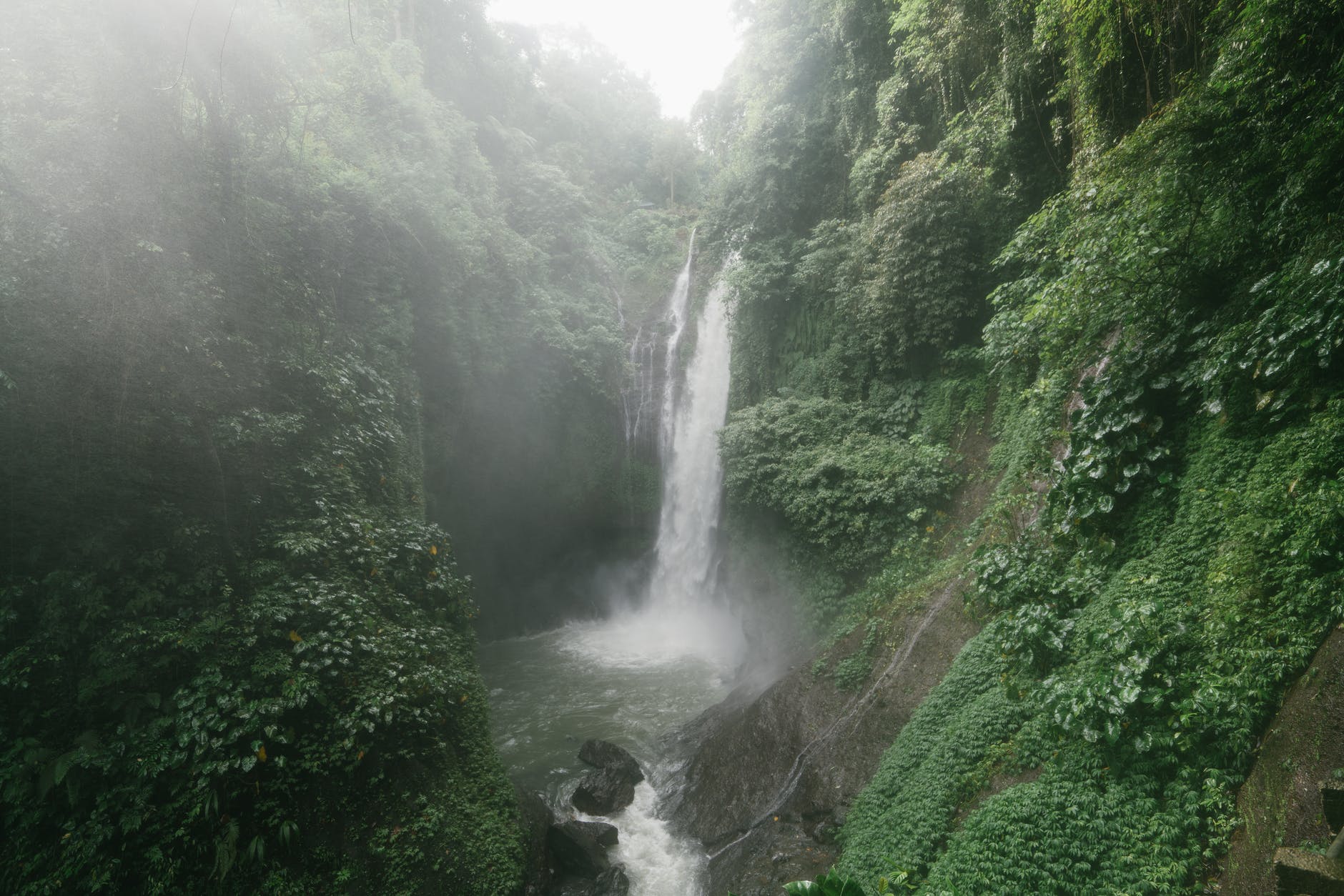
Co-founder of sustainable building suppliers, Envirobuild, Aidan Bell, spoke to us about the importance of sharing the wonder of nature with future generations.
Hi Aidan, thanks so much for sitting down to chat with me. Can you start with a little bit about your background?
Dr Aidan Bell co-founded EnviroBuild with James Brueton, with the aim of reducing the embedded carbon within common building products, whilst maintaining quality and value – making the sustainable choice the easy choice. Originally focusing on combining recycled plastic and wood offcuts in wood-plastic composite decking EnviroBuild’s range now encompasses non-combustible balcony solutions, composite cladding and fencing, porcelain, internal flooring and garden furniture and around 50 staff. Previously I founded a £25M turnover solar company, worked as a consultant for Deloitte and achieved a PhD in Inorganic Chemistry from the University of Manchester.
What is a fun fact about you?
Last year I ran the nohtaraM with some friends, which involves running the London Marathon course backwards, starting at 3.30am and finishing before even the elite wheelchair event starts. On three hours sleep and a bit of a hangover it wasn’t the easiest start, but it’s much easier than entering the ballot.
When I was eight years old my family took my younger brother and I out of school for a year to travel around the world.
I had a fairly serious car crash near Panipat in India, which was a hugely significant battle site in the 16th century rise of the Mughals.
Over lockdown I have learnt the flag and capital of every country in the World, which is turns out isn’t actually that hard. Thereafter I am trying to piece together the history of the World, which it turns out is much harder.
Why do you think climate change and sustainability is such an important topic today?
The idea that the planet is for future generations is not a new one. But the last few human generations have done more to risk the future of the planet than all those that preceded them. Humanity has arguably created the new Anthropocene epoch and now we understand this, I don’t believe there is an excuse not to try and protect what remains of the varied life on this planet. We live in a potentially unique time where there is easy access to travel and nature, I don’t want our selfish short term outlook to deny future generations of the wonder of nature. From a humanitarian point of view people will die if we don’t address this problem. Many experts argue that the civil war in Syria was partially influenced by drought, and whether that is true or not, there will certainly be future conflicts over water and food. There is also likely to be mass migration as desertification takes over larger areas of the tropics and invariably the global poor will suffer more.
What do you envision your industry looking like 10 years from now?
I am very cynical of the construction industry. It is slow to change, as safety and longevity are absolutely paramount, but also operates with razor-thin margins. This makes investment in new techniques and machinery rare – we have not deviated much in the construction of a brick wall in a hundred years This means that change invariably has to arrive through legislation, otherwise the risk of doing something new is beyond the means of most construction companies. On the positive, there are investments being made now in modular builds, and off-site construction which I would expect to have achieved more widespread use within the next ten years. I also think underfloor heating, solar PV, heat pumps and localised heat networks will become even more prevalent. Overall I would expect that the carbon running cost of new homes will hopefully have improved by about 50%, although a lot of this will simply be due to the ever increasing decarbonisation of the grid. On the negative I expect that a decrease in embodied carbon of new builds will only be starting to be addressed and will therefore probably be only a few percent below where it is today. I also expect that existing housing stock will only be slowly addressed. Overall I expect that the measures will not be fast enough to be keeping us in line with the 1.5C level I’d love to see us achieve, and probably not even within the 2C level we need to achieve.
What can the average person do to make a difference?
In terms of individual actions the most significant thing that individual people can do is to cut down on travel, particularly air travel, and reduce the carbon impact of their diet. However another key point is support whichever political party you feel is most likely to introduce legislation to curtail greenhouse gas emissions. It’s only through global action that change can be enacted.
Thanks Aidan, for discussing the importance of creating a stable future for nature. I learnt so much about the construction industry through this chat.
Join leaders in renewable energy, cleantech, and sustainability at the 2022 Fall Green Summit.